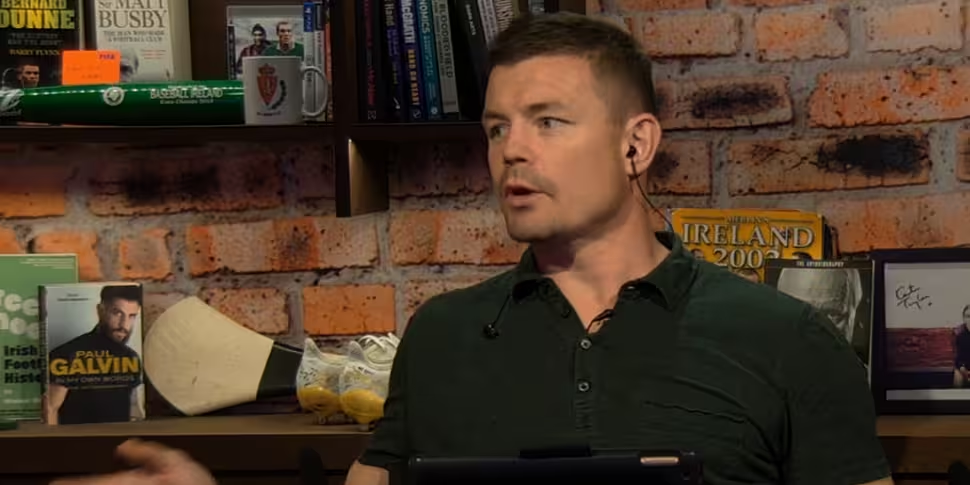Jean Kleyn's inclusion in Ireland's Rugby World Cup squad has reignited the debate over rugby's residency rules.
The Munster player qualified for Ireland after three-years at Munster and made it into Joe Schmidt's squad ahead of the likes of Devin Toner.
The residency rules changed in 2017 from a three-year residency requirement to five years.
Kleyn's case was not the first of Ireland availing of the residency rules, with the current squad also including the likes of CJ Stander and Bundee Aki.
As the debate re-emerges again, Brian O'Driscoll gave us his view on the matter.
"I agreed with [Ronan O'Gara] initially that seven-years was where the rule should be at," he began.
Fewer 'Project Players'
"But then you look at potential situations where kids have to travel with a family and move to another country as a 14 or 15-year-old and you're potentially ready to play for that nation at 20 but you have to wait till 22.
"Those are very unique situations but there might be some. So five [years] is probably fair. I think you're probably going to see fewer 'project players' with a five-year ruling.
"But for me that's not the problem. I understand why people are upset but I personally don't see that as being the gripe in this.
"I think that you're looking at someone (Kleyn) that's come in that, for me, has unconvinced at a high level and high standard in big games versus a guy that's proven and tested and been there and done it."
BOD continued: "I'm a bit conflicted by it because I can understand people's annoyance at a South African player coming over and two days after his three-years residency comes to fruition, he gets capped versus a guy that has been capped most times by Joe Schmidt in his role as Ireland coach. I can understand people.
"But for me, that's gone. World Rugby have tried to put that right. We still have some pain to live over the course of the next two years until those five years pass. And then we can all move on with it."
The full Brian O'Driscoll chat on Jean Kleyn and more is available on YouTube below.









